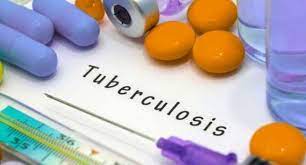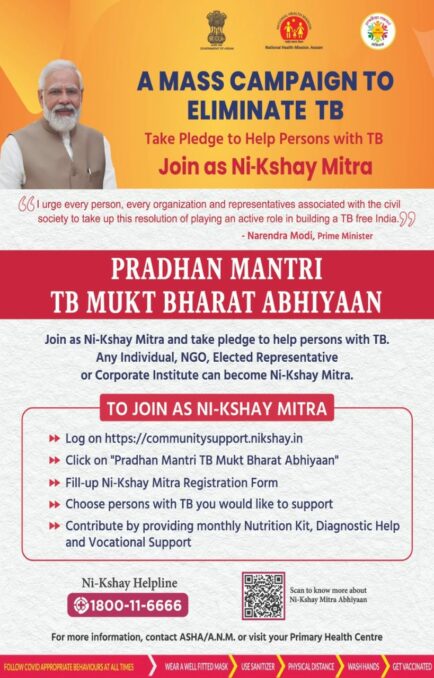New Delhi: On Thursday, May 25th, Union Health Minister Mansukh Mandaviya announced that India has considerably reduced TB incidence. “India is the only country that has a self-mechanism to estimate and evaluate Tuberculosis (TB) incidence. This strategy of the country aids in the target of eliminating TB by 2025,” he added.
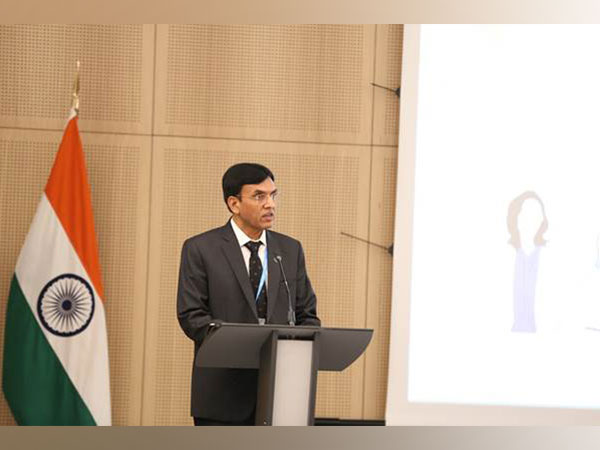
Health Minister Mansukh Mandaviya was participating in the 76th World Health Assembly in Geneva. He spoke about India’s significant achievement in reducing the TB rate at the Quad Plus side event held on Tuberculosis. The Minister pointed out that in India, a 13 percent reduction was observed in the TB rate between the years 2015 and 2022. And the country crossed the global reduction rate of 10 percent, he noted.
Additionally, the Minister stated that a 15 percent reduction in India’s TB mortality rate was also observed during the same period. When comparing this with the global reduction rate of 5.9 percent, India surpassed the rate as well.
The mathematical model implemented in India, based on local evidence, will contribute to preparing a more accurate assessment of the true burden of TB disease in advance of the World Health Organization’s annual report, Minister Mandaviya stated.
During the event, the Minister also emphasized that the upcoming United Nations meeting in September, focusing on Tuberculosis, presents an opportunity to showcase the significant efforts and successes made toward ending TB. The collective progress on TB eradication will be presented on the UN platform.
Besides that, he utilizes the World Health Assembly platform to commend India’s achievement in the TB burden reduction by 2025, which is five years in advance of the Global Sustainability Goal.
“Patients at the last mile are also being diagnosed and treated in India, and the country has implemented an effective strategy to reach every single case, including those that have been missed, to reach the unreached,” Mandaviya pointed out. The country also recognizes the importance of early TB identification, diagnosis and the significance of implementing effective preventive measures.
The Minister stated that the country had put forward over 1.5 lakh health centers and wellness facilities to provide TB diagnosis and ensure the availability of treatment in every nook and corner of the country. Intending to attain universal health coverage, especially for TB cases, the establishment of these health centers positively contributes.
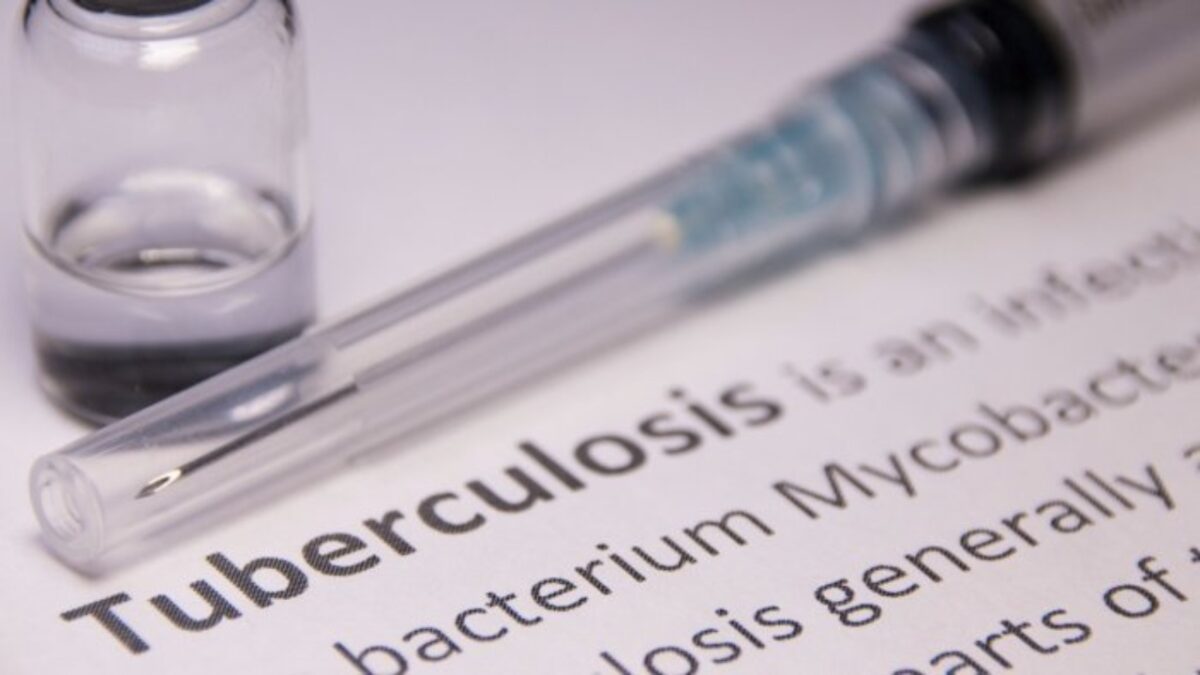
In addition to offering the best care for TB patients, these centers also provide other primary healthcare services. People living in hard-to-reach or remote areas can easily access remedies through the Universal Health Coverage system, the Minister said.
Health Minister Mansukh Mandaviya also highlighted India’s collaboration with the private health sector to introduce the best assistance for TB patients in their nearby area, accessible clinics, and preferred doctors. And as a result, the notification from the private sector increased by sevenfold over the past nine years.
Mandavya commended India’s pioneering community engagement mechanism while addressing the stigma issue associated with TB disease.
India’s TB Eradication Initiatives
In addition, he pointed to India’s Pradhan Mantri TB Mukt Bharat Abhiyaan(PMTBMBA) initiative, which was launched by President Droupadi Murmu. The initiatives are completely implemented to aid TB patients throughout their journey of treatment.
The initiative, which includes “Ni-kshay Mitra or Donors”, has gained substantial support from several aspects, and through the program already 78, 000 Ni kshay Mitra are ready to assist the millions of diseased patients. And it will lead to the collection and securing of an estimated 146 dollars per year regarding TB treatment.
Over 75 lakh people who are all under TB treatment are directly benefited through the Ni-Akshay Poshan Yojana. The initiative provides nutritional support for TB patients and amounting to USD 244 million since 2018, the Minister vocalized.
During the speech, the Minister reminded the necessity of the development of an effective vaccine to prevent TB.
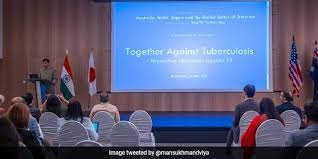
He also stated that global cooperation is needed for complete TB eradication; an effective initiative globally regarding equitable access to the latest and most sophisticated diagnosis and treatment options will have a greater impact. To attain complete getting rid of TB following the UN high-level target by 2030, global countries have to put forward a patent-centric, innovative approach, and India is always happy to share all its learning regarding the TB preventive mechanism.







